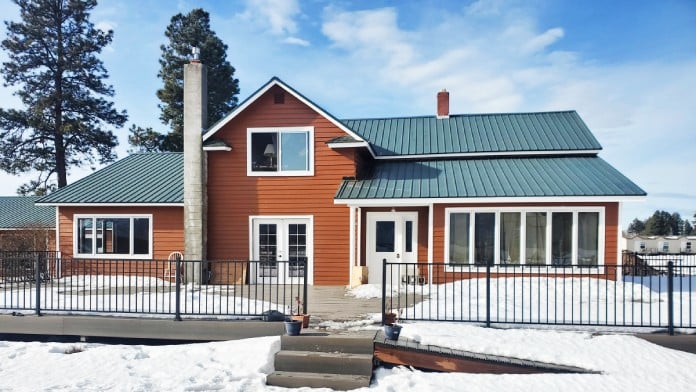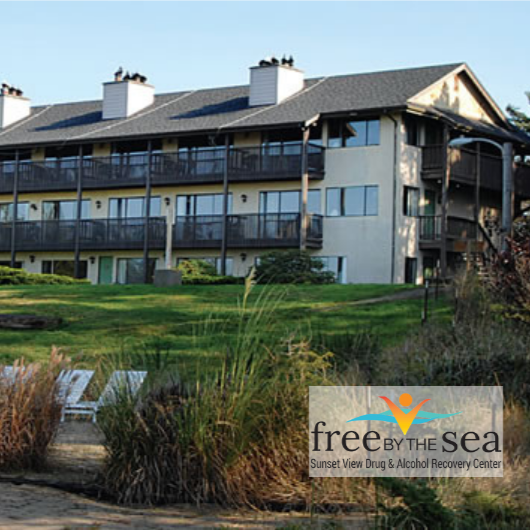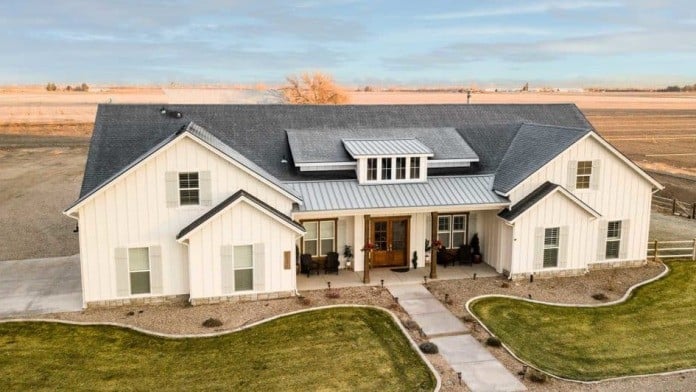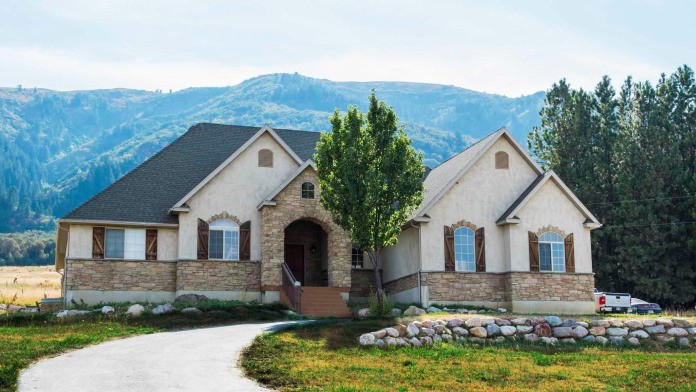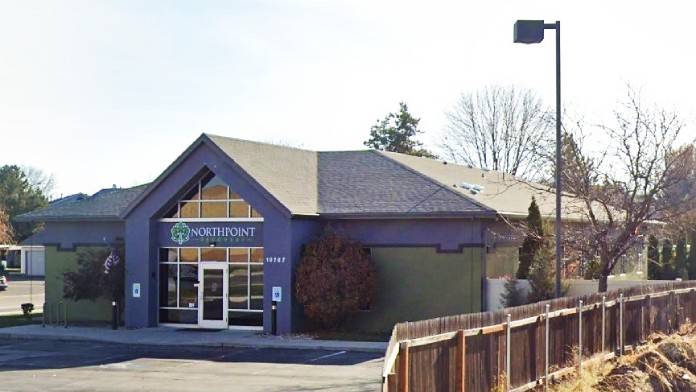This is a great place to get help. The most part of the staff is knowledgeable and caring.
About Community Medical Services
Community Medical Services (CMS) is not only a leading provider of opioid treatment programs throughout the country but they’re an invaluable resource for people living in Kalispell, Montana. With their convenient location on Sunset Boulevard, you won’t need to go far to get medication and counseling through their medication assisted treatment (MAT) program.
Since 1983 they’ve been helping people struggling with opioid use disorders. Today they have more than 70 clinics including one of the first 24-hour treatment centers in Phoenix, Arizona. Their goal is simple: to provide care without judgment and support people who want to rebuild their lives.
Your Path to Recovery Starts Here
They take a well-rounded approach to treating opioid addiction by combining FDA-approved medications like buprenorphine, naltrexone and methadone with counseling and therapy. This mix helps you manage the tough withdrawal symptoms and cravings so you can focus on your recovery without feeling overwhelmed.
First, you’ll go through a behavioral health assessment to help create a personalized treatment plan. After that, along with the medications you’ll have access to individual and group counseling. It’s normal to feel a little intimidated by counseling at first, but it’s a key part of your recovery that will help you build coping strategies and understand yourself better.
When you’re ready to start treatment, the intake process is simple. To qualify, you’ll need to have opioid-related problems for at least a year or be recently released from a correctional facility. You’ll provide documents like a valid photo ID, Medicaid or insurance info and a list of your current medications.
To help you stay on track, they offer the Recovery Connect App which lets you communicate with your counselor, track your progress and set goals in a secure, HIPAA-compliant, free-to-use app.
Safe and Supportive Care for Pregnant Women
Not all clinics offer specialized MAT care for pregnant women but CMS does. It’s important to know that methadone and buprenorphine along with counseling are safe and effective options during pregnancy.
If you’re pregnant and worried about treatment options then rest assured that MAT is a thoughtful, well-researched choice. It’s one of the safest ways to manage OUD during pregnancy and discontinuing it can create more risks for both you and your baby.
CMS appears to provide a supportive environment where you’ll find the tools and community necessary for long-term recovery.
Latest Reviews
Rehab Score
Gallery
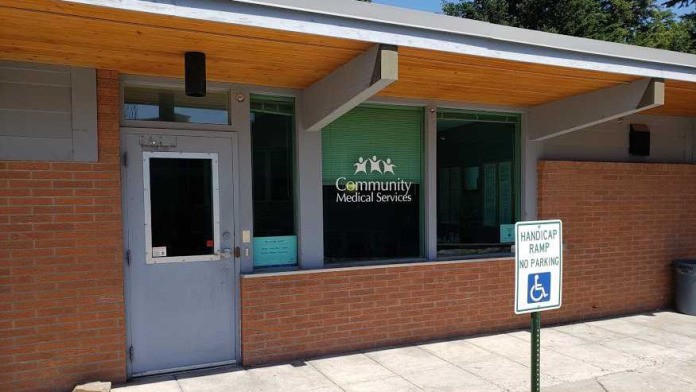
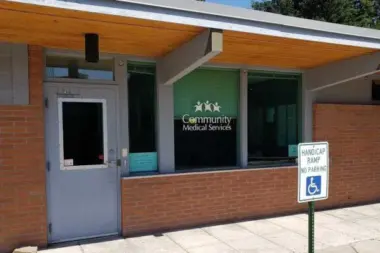
Other Forms of Payment
Private insurance refers to any kind of healthcare coverage that isn't from the state or federal government. This includes individual and family plans offered by an employer or purchased from the Insurance Marketplace. Every plan will have different requirements and out of pocket costs so be sure to get the full details before you start treatment.
Self-pay involves paying for treatment out of your own pocket. You can use savings or credit, get a personal loan, or receive help from family and friends to fund your treatment. If you don't have insurance or your insurance plan doesn't cover a specific program, self-pay can help ensure you still get the care you need.
Medicare is a federal program that provides health insurance for those 65 and older. It also serves people under 65 with chronic and disabling health challenges. To use Medicare for addiction treatment you need to find a program that accepts Medicare and is in network with your plan. Out of pocket costs and preauthorization requirements vary, so always check with your provider.
Medicaid is a state based program that helps lower-income individuals and families pay for healthcare. Medicaid covers addiction treatment so those enrolled can use their coverage to pay for rehab. When a program accepts Medicaid the client often pays very little or nothing out of their own pocket.
Addiction Treatments
Levels of Care
Outpatient Programs (OP) are for those seeking mental rehab or drug rehab, but who also stay at home every night. The main difference between outpatient treatment (OP) and intensive outpatient treatment (IOP) lies in the amount of hours the patient spends at the facility. Most of the time an outpatient program is designed for someone who has completed an inpatient stay and is looking to continue their growth in recovery. Outpatient is not meant to be the starting point, it is commonly referred to as aftercare.
Drug and alcohol addiction often takes a heavy toll on one's body. Over time, a physical dependence can develop, meaning the body physiologically needs the substance to function. Detox is the process of removing drugs and/or alcohol from the body, a process that can be lethal if mismanaged. Medical detox is done by licensed medical professionals who monitor vital signs and keep you safe, healthy, and as comfortable as possible as you go through detox and withdrawal.
Treatments
The goal of treatment for alcoholism is abstinence. Those with poor social support, poor motivation, or psychiatric disorders tend to relapse within a few years of treatment. For these people, success is measured by longer periods of abstinence, reduced use of alcohol, better health, and improved social functioning. Recovery and Maintenance are usually based on 12 step programs and AA meetings.
A comprehensive drug rehab in Montana treats the entire person. Treatment methods address all the underlying causes of addiction and give the individual the tools they need to live a healthy, drug-free life.
Opioid rehabs specialize in supporting those recovering from opioid addiction. They treat those suffering from addiction to illegal opioids like heroin, as well as prescription drugs like oxycodone. These centers typically combine both physical as well as mental and emotional support to help stop addiction. Physical support often includes medical detox and subsequent medical support (including medication), and mental support includes in-depth therapy to address the underlying causes of addiction.
Substance rehabs focus on helping individuals recover from substance abuse, including alcohol and drug addiction (both illegal and prescription drugs). They often include the opportunity to engage in both individual as well as group therapy.
Programs
Adult rehab programs include therapies tailored to each client's specific needs, goals, and recovery progress. They are tailored to the specific challenges adult clients may face, including family and work pressures and commitments. From inpatient and residential treatment to various levels of outpatient services, there are many options available. Some facilities also help adults work through co-occurring conditions, like anxiety, that can accompany addiction.
Young adulthood can be an exciting, yet difficult, time of transition. Individuals in their late teens to mid-20s face unique stressors related to school, jobs, families, and social circles, which can lead to a rise in substance use. Rehab centers with dedicated young adult programs will include activities and amenities that cater to this age group, with an emphasis on specialized counseling, peer socialization, and ongoing aftercare.
Clinical Services
During cognitive behavioral therapy in Montana, patients learn to be their own therapists. They develop coping skills so they can change their thinking and behavior in day to day life. This helps them overcome mental and substance use disorders.
Group therapy is any therapeutic work that happens in a group (not one-on-one). There are a number of different group therapy modalities, including support groups, experiential therapy, psycho-education, and more. Group therapy involves treatment as well as processing interaction between group members.
Part of drug and alcohol addiction treatment is the use of individual therapy to encourage a collaborative process between the therapist and the patient. This helps uncover the root causes of substance use and address the personal experiences and emotional struggles that may drive addictive behavior. Ultimately, patients gain insight and develop new coping skills to support recovery.
The role of the counselor who applies motivational interviewing is to listen and reflect rather than offer advice or warnings. By expressing the client's own thoughts back to them, the therapist allows the client to reflect on their motivations and come to their own conclusions about their need for change.
Trauma therapy helps you process traumatic events that you may have witnessed or experienced. This is the first step to healing from these events, integrating them into a more coherent narrative, and improving your resilience.
Couples therapy is a form of talk therapy. The goal is to relieve distress in the relationship and improve interactions between the two partners. This often involves learning ways to manage feelings, communicate, and resolve conflict.
Family therapy offers a platform for open and honest dialogue about the challenges that addiction has created within the family unit. Using guided sessions, your therapist helps family members develop healthy communication skills and address unresolved issues. By working together, families can help support their loved one's sobriety.
Life skills are the foundational abilities you need to manage day to day life and stress. They are a set of interpersonal and psychological skills that allow you to navigate challenges and perform necessary tasks. Training in these skills is incorporated into drug rehab to equip you for success in recovery.
Staff & Accreditations
Staff
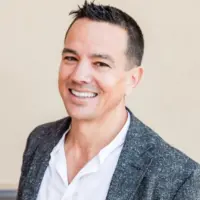
Nick Stavros
CEO

Laura Contreras
CFO
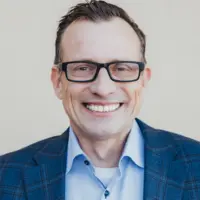
Christopher Flowers
COO

Dr. Robert Sherrick, MD, FASAM
Chief Science Officer
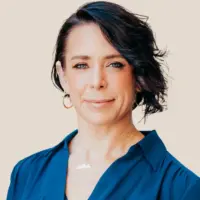
Stacie Baird
Chief People Officer

Michael Hailye
Chief Technology OFficer
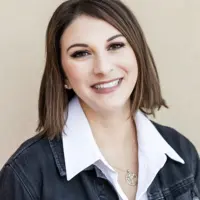
Jennifer Mason
Executive VP of Operations
Accreditations

The Substance Abuse and Mental Health Services Administration (SAMHSA) is a branch of the U.S. Department of Health and Human Services. Established in 1992 by congress, SAMHSA's mission is to reduce the impact of substance abuse and mental illness on American's communities.
SAMHSA Listed: Yes

The Commission on Accreditation of Rehabilitation Facilities (CARF) is a non-profit organization that specifically accredits rehab organizations. Founded in 1966, CARF's, mission is to help service providers like rehab facilities maintain high standards of care.
CARF Accreditation: Yes

State Licenses are permits issued by government agencies that allow rehab organizations to conduct business legally within a certain geographical area. Typically, the kind of program a rehab facility offers, along with its physical location, determines which licenses are required to operate legally.
State License: Montana
Contact Information
795 Sunset Boulevard
Suite F
Kalispell MT, 59901
